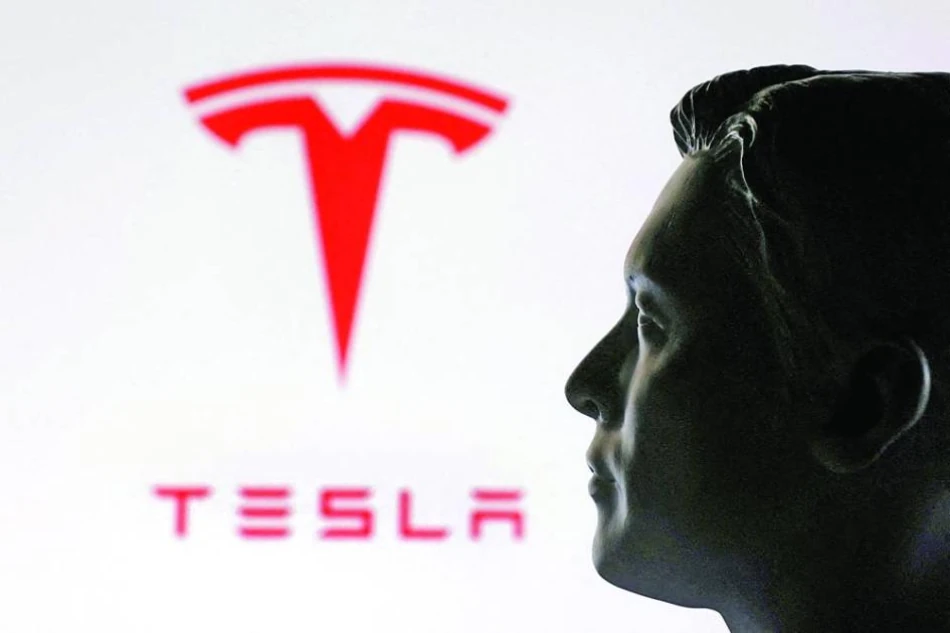
Tesla Abandons In-House AI Chip Development, Turns to External Suppliers
Tesla Abandons Dojo Supercomputer Project in Strategic AI Pivot
Tesla has made the surprising decision to shut down its ambitious Dojo supercomputer division and dismiss team leader Peter Bannon, marking a dramatic retreat from years of investment in proprietary AI chip development. The move signals a fundamental shift in Tesla's approach to artificial intelligence computing, with the company now planning to rely more heavily on external technology partners including Nvidia, AMD, and Samsung Electronics.
Market Reaction Reflects Investor Uncertainty
Tesla shares extended their decline in after-hours trading following the announcement, dropping nearly 1% as of 5:29 PM in New York. The market's lukewarm response suggests investors are grappling with the strategic implications of abandoning what was once positioned as a cornerstone technology for Tesla's AI ambitions.
The End of Tesla's Chip Independence Dream
The Dojo project represented Tesla's bold attempt to achieve vertical integration in AI computing—a strategy that has proven successful in other areas of the company's operations. The custom supercomputer was specifically designed to train machine learning models powering Tesla's Full Self-Driving software and the humanoid Optimus robot.
This decision reverses years of development and substantial investment. Morgan Stanley analysts had estimated in 2023 that Dojo could potentially add $500 billion to Tesla's valuation, highlighting the project's perceived strategic importance.
Brain Drain to New AI Startup
The writing was arguably on the wall when approximately 20 Dojo team members recently departed to join DensityAI, a newly formed startup. The remaining employees are being reassigned to data centers and other computing projects within Tesla, suggesting the company is attempting to retain AI talent despite the strategic pivot.
Strategic Implications: Build vs. Buy Dilemma
Tesla's decision reflects a broader industry debate about whether companies should develop proprietary AI infrastructure or leverage existing solutions from established players like Nvidia. While custom chips can offer theoretical advantages in performance and cost optimization, they require massive upfront investment and years of development time.
Following Industry Precedent
Tesla's move mirrors decisions by other major tech companies that have stepped back from custom chip development. Amazon and Google have maintained their custom AI chip programs, but many others have concluded that Nvidia's ecosystem provides sufficient performance and faster time-to-market.
The decision may actually accelerate Tesla's AI development timeline by allowing the company to immediately access cutting-edge hardware from established suppliers rather than waiting for internal development cycles.
What This Means for Tesla's AI Ambitions
Rather than signaling a retreat from artificial intelligence, this move likely represents a more pragmatic approach to achieving Tesla's autonomous driving and robotics goals. By partnering with proven chip manufacturers, Tesla can focus its resources on software development and data collection—areas where the company maintains clear competitive advantages.
The decision also frees up significant capital and engineering resources that can be redirected toward other strategic priorities, including expanding vehicle production, advancing battery technology, or accelerating the Optimus robot program.
For the broader AI industry, Tesla's pivot reinforces Nvidia's dominant position in AI computing while highlighting the enormous challenges companies face when attempting to develop custom silicon solutions in-house.
Most Viewed News

 Omar Rahman
Omar Rahman






